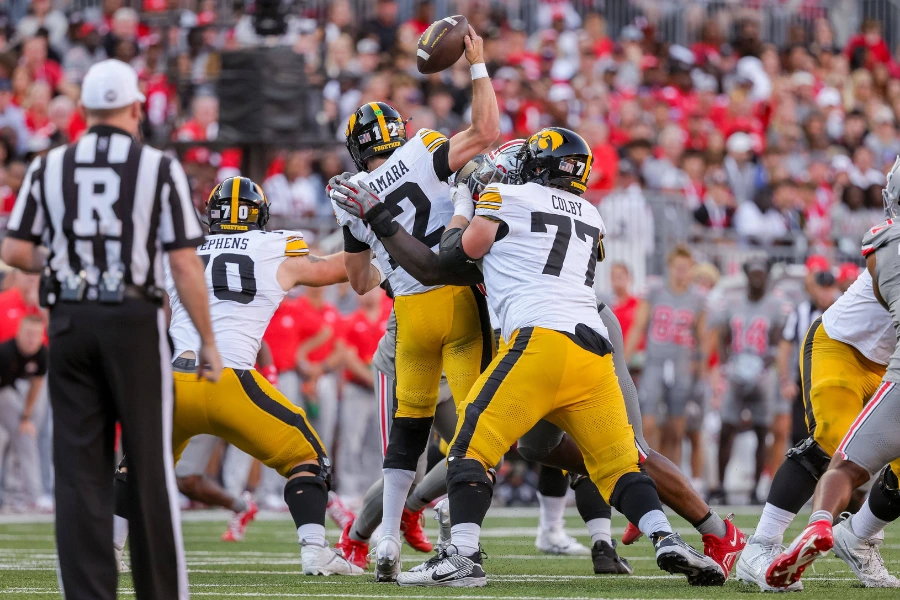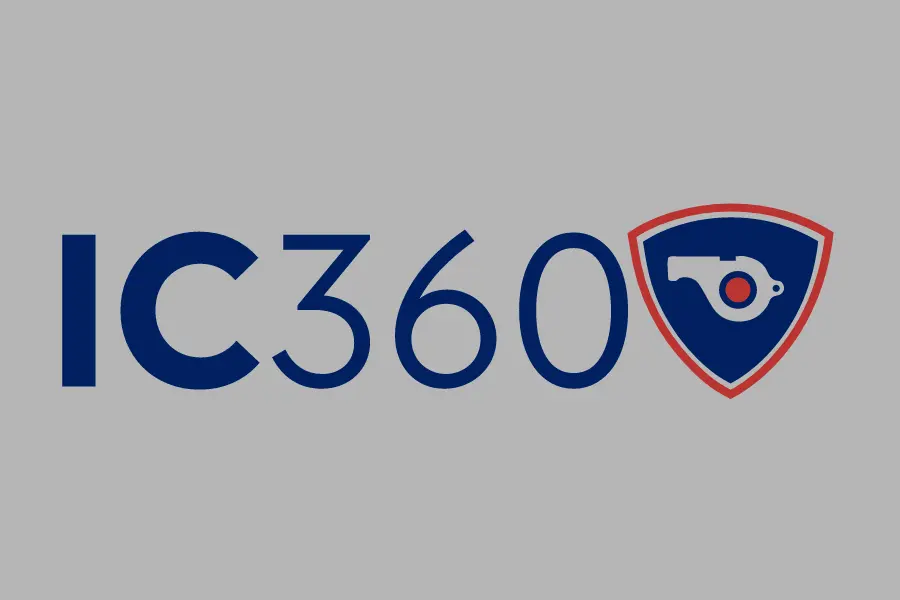This legal battle originated from an Iowa Division of Criminal Investigation (DCI) probe into student-athletes suspected of using mobile sportsbooks, leading to what some consider severe overreach in a matter that ultimately resulted in warrantless searches and disrupted careers. Now, the aftermath sees a wave of lawsuits from athletes demanding justice and accountability.
The investigation began in May 2023 when Special Agent Brian Sanger employed a geofencing tool called Kibana, developed by GeoComply, to monitor freshman and sophomore dorms at the University of Iowa and Iowa State University.
The goal was to determine if any underage gambling was occurring on campus — a sensitive issue as legalized sports betting continues to grow in popularity and accessibility nationwide. While Sanger observed that Iowa sportsbook apps were in use, he pushed beyond his jurisdiction, extending surveillance to athletic facilities without a warrant, a significant violation of legal protocols.
The Aftermath: Careers and Lives Impacted by Warrantless Searches
The use of Kibana without a warrant led to the dismissal of cases against several Iowa State athletes in January 2024. However, the impact on the careers of those involved was far-reaching. Despite charges being dropped, some athletes faced serious setbacks that went beyond the immediate legal repercussions.
Iowa State wrestler Paniro Johnson, for instance, saw his promising career derailed after he was found to have used a family member’s DraftKings account. He won the Big 12 Championship in the 2022-23 season but was barred from competing in the 2023-24 season. Even after the charges were dismissed, Johnson was suspended by the NCAA for the first 10% of the 2024-25 season.
For other athletes like Terry Roberts, who played cornerback for the University of Iowa, the consequences were even harsher. Roberts, who had legally opened his DraftKings and FanDuel accounts after turning 21, faced no formal charges but missed his entire senior football season due to his involvement in the investigation. He eventually transferred to Michigan State, but the damage to his college football career was already done.
The flawed investigation has led to a civil lawsuit, now involving 37 plaintiffs, against the DCI and other defendants. These athletes, both former and current, seek punitive damages for the trauma endured, as well as compensation for economic losses, legal fees, and damages to their careers.
“The investigation and its handling stripped these young men of their opportunity to play the sport they love, without any legal justification,” the filing contends.
One key aspect of the legal argument is that the collection of location data using Kibana required a warrant — something Agent Sanger failed to secure. This critical oversight resulted in the Iowa court dismissing charges for four Iowa State athletes, acknowledging that their rights had been violated.
The invasive nature of the investigation, which was done without proper legal authority, underscores the flaws within the process and raises broader questions about privacy rights in the era of legalized Iowa sports betting.
The lawsuit also addresses the repercussions faced by support staff like Evan Schuster, who was a student equipment manager for the Iowa basketball team. Schuster had access to a family member’s FanDuel account since 2021, and his involvement led to a suspension, followed by a guilty plea to underage gambling. Though not a prominent athlete, Schuster’s story reveals that the DCI’s investigation affected more than just the star players.




